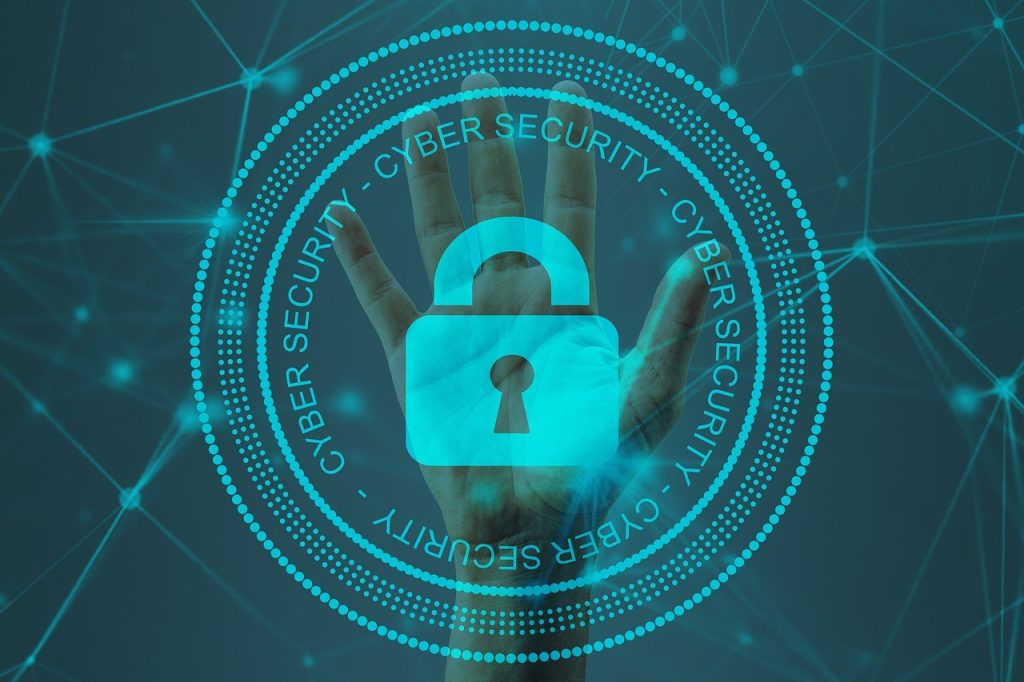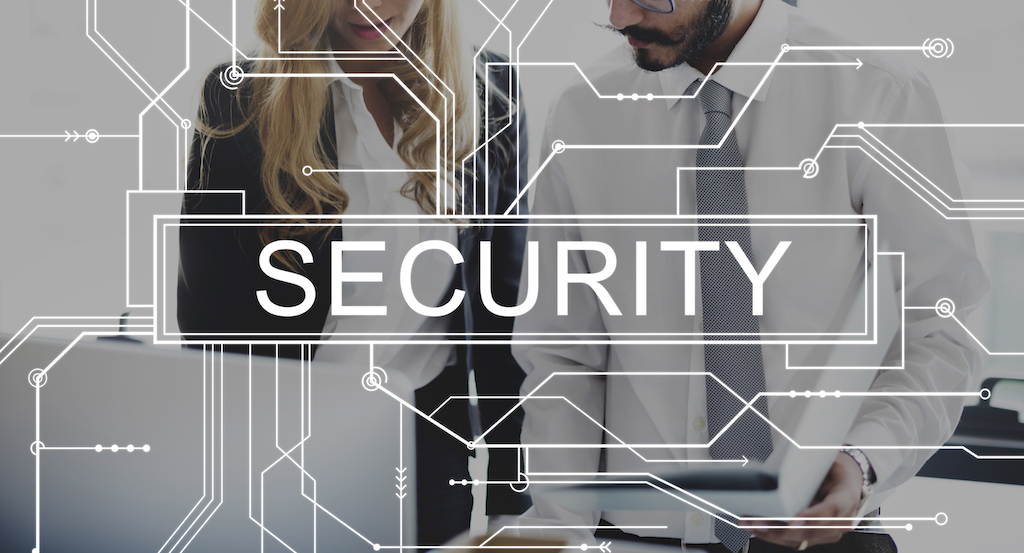Online presence has become vital for companies in every sector, and for this reason it is increasingly necessary and urgent that they protect themselves from exposure to the risk of cyber threats. This applies to both large and medium-sized businesses.
Indeed, cyber threats represent a real danger, just think of the economic damage that a data breach can cause to a company: reputational damage, business interruption, legal sanctions, theft of sensitive data just to name a few. Cyber attacks can also undermine the trust of customers and partners, with a negative impact on business in the long term.
A priority for companies
Cybersecurity, also known as IT security, is the set of means, technologies and procedures implemented to protect a company’s IT systems from digital attacks such as unauthorised access, theft, damage or service interruptions.
We could almost call it a kind of ‘digital fortress‘ that defends information from those who have the intention of stealing, damaging or disrupting it.
The objective of cybersecurity is therefore to safeguard the confidentiality, integrity and availability of corporate data, whether stored on computers, servers, mobile devices or in the cloud.
5 good reasons why cybersecurity is important
In this blog we will discover 5 good reasons why cybersecurity must be a priority within companies:
- To protect sensitive data: companies collect and store a large amount of sensitive data, such as financial data and customer information. This data is highly coveted by hackers, who could ‘steal’ it for malicious purposes such as identity theft, financial fraud or blackmail. A data breach can therefore have a devastating impact on a company’s reputation and also cause significant financial losses.
- To comply withregulations: it is important for companies to implement the necessary security measures to comply with cybersecurity regulations, in order to ensure a high level of protection of the company’s IT assets and product with digital elements.
- To ensure business continuity: a cyber attack can cause the interruption of a company’s computer systems resulting in lost production time, downtime and therefore lost revenue.
- To protect reputation: a data breach or cyber attack can seriously damage a company’s reputation. Customers may lose trust and turn to a competitor.
- To maintain a competitive advantage: investing in cyber security means better protecting yourself against cyber threats and maintaining a competitive advantage over your competitors. After all, just think about it: would you trust a company that takes cyber security seriously or one that has no idea what it is?


Why is there so much talk about cybersecurity?
Today, there is more and more talk about cybersecurity for various reasons:
- Cyber threats have increased.
- We rely on digital technologies for every aspect of our lives and this makes us more vulnerable to cyber attacks.
- Artificial intelligence creates new challenges for cybersecurity because it could be exploited by hackers in order to launch more sophisticated attacks.
- There is more awareness of the risks that a cyber attack can bring.
Photo by Pete Linforth from Pixabay
The main cyber threats
The main cyber threats include:
- Phishing attacks: this is the most widespread type of cyber attack and consists of the practice of sending fraudulent e-mails as if they came from trusted sources. The goal is to steal sensitive data such as credit card numbers and login information.
- Ransomware: a type of software designed to extort money by blocking access to files or the computer system until a ransom is paid.
- Malware: a type of software designed to gain unauthorised access to or cause damage to a computer.
- Social engineering: this is a tactic hackers use, in combination with any of the threats listed above, to induce the user to reveal sensitive information, demanding payment in cash or gaining access to confidential data.
The (evolving) cybersecurity regulatory framework
National interests in cyberspace are protected by theACN, the National Cybersecurity Authority established by Decree-Law No. 82 of 14 June 2021: among its main tasks is the implementation of the National Cybersecurity Strategy, adopted by the Prime Minister, which contains the objectives to be pursued by 2026.
On 10 June 2024, the Council of Ministers approved the decree transposing the European Union’s Network and Information SecurityDirective 2 (NIS 2), which came into force in 2023 as an update of the EU cyber security regulations.
The NIS 2 directive provides legal measures to strengthen the overall level of cyber security in the EU by ensuring:
- the preparedness of the Member States, which must be properly equipped, e.g. with a cyber security incident response team;
- cooperation between all Member States;
- a security culture in all sectors vital to our economy and society and heavily dependent on information and communication technologies.
The measures of the draft legislative decree to transpose the NIS Directive include: a National Cybersecurity Strategy, the definition of critical subjects and specific obligations for essential and important subjects. The decree aligns Italian standards with European standards.
A booming sector
The increasing awareness of cyber risks and the complexity of corporate IT environments have generated a growing demand for qualified cybersecurity professionals .
Integrating a strategic approach to cybersecurity within your company is therefore crucial to protect your business from evolving threats and to build a strong and lasting digital future.
Cybersecurity is therefore not a cost for a company, but rather an investment. And in an increasingly interconnected world, it has become an essential business component.
Did you know that? Some data on cybercrime

According to data from the Clusit 2024 Report on ICT security in Italy, 2023 records a 12% increase over 2022 in the number of serious security incidents, which are therefore considered critical; the strong numerical growth over 2022 highlights the potential risk to which companies are exposed. In this context, our country appears to be increasingly in the crosshairs of cyber criminals: last year in Italy, 11% of the global serious attacks mapped by Clusit (it was 7.6% in 2022), for a total of 310 attacks, a figure that marks a 65% growth over 2022. More than half of the attacks – 56 per cent – had critical or high severity consequences. A look at the last five years also shows that more than 47% of the total attacks recorded in Italy since 2019 occurred in 2023.
“If we then look at investments in cybersecurity, we can see that in 2023 Italy spent EUR 2.149 billion, or around 0.12% of GDP, but we also know that comparable European countries such as France and Germany spend twice as much, not to mention nations such as the US that spend 0.3% of GDP. These are immense differences that affect the overall effectiveness of the measures taken to protect the systems’.
Gabriele Faggioli President CLUSI
The report also provides data on the distribution of victims per category, putting manufacturing in second place after public administration as the sector that suffered the most attacks in our country in 2023.
It is evident how the security of data and the use made of it, as well as its protection, must be a priority for companies and how it is necessary to implement an effective data governance strategy within them to defend themselves against the increased risk of even serious cyber attacks.
According to data from the Cyber Academy of Unimore, “in the last year, at a global level, there has been a negative record of cyber attacks, especially high-impact attacks, with effects also at a political and geopolitical, as well as economic, level”. At the same time, we read on the Academy’s website, “the digital security market is constantly expanding, and the demand for experts and specialists with the necessary cyber security skills and valid multidisciplinary training is also increasing”.
Every year, Milan hosts the Wired Next Fest 2024, the most important free festival dedicated to innovation, technology, science and culture, the square where technologists, scientists, entrepreneurs, economists, politicians, intellectuals and artists meet to discuss the impact of digital technologies – in particular artificial intelligence.

Also speaking at the last edition was Nunzia Ciardi, Deputy Director General of the National Cybersecurity Agency, who emphasised how AI can be ‘a powerful weapon for cyber criminals but also a valuable ally for defence, thanks to its ability to analyse large amounts of data and predict and intercept threats at an early stage’.
Ciardi added that “Cybersecurity must belong to each and every one of us. Each of us manages a share of that security’. Finally, the Deputy Director emphasised the need to develop an AI trained in Italian and that includes our culture, as well as the urgency of training new professionals in the sector, focusing especially on young people and women.
Do you want to increase your cybersecurity in your company?
Contact us to schedule an appointment
